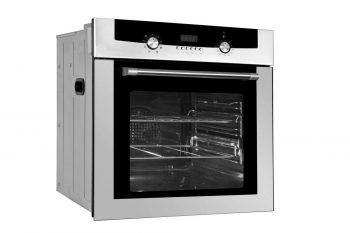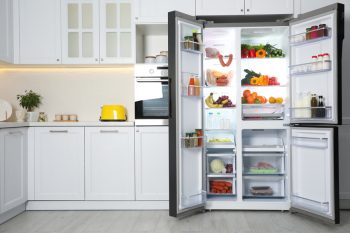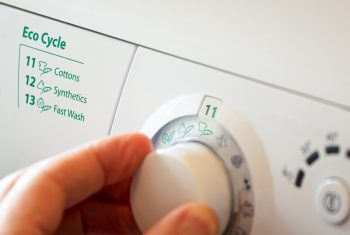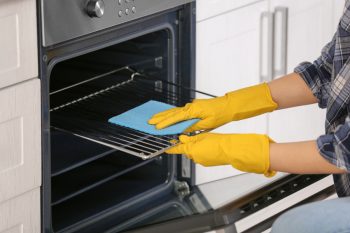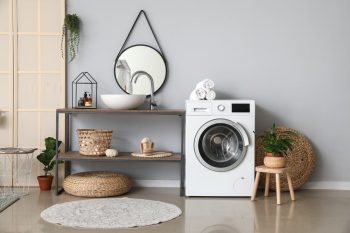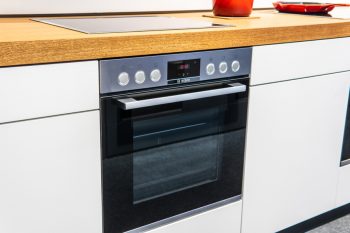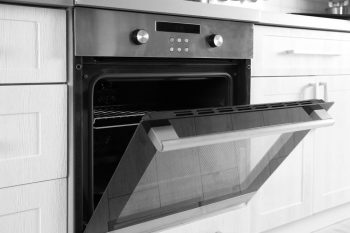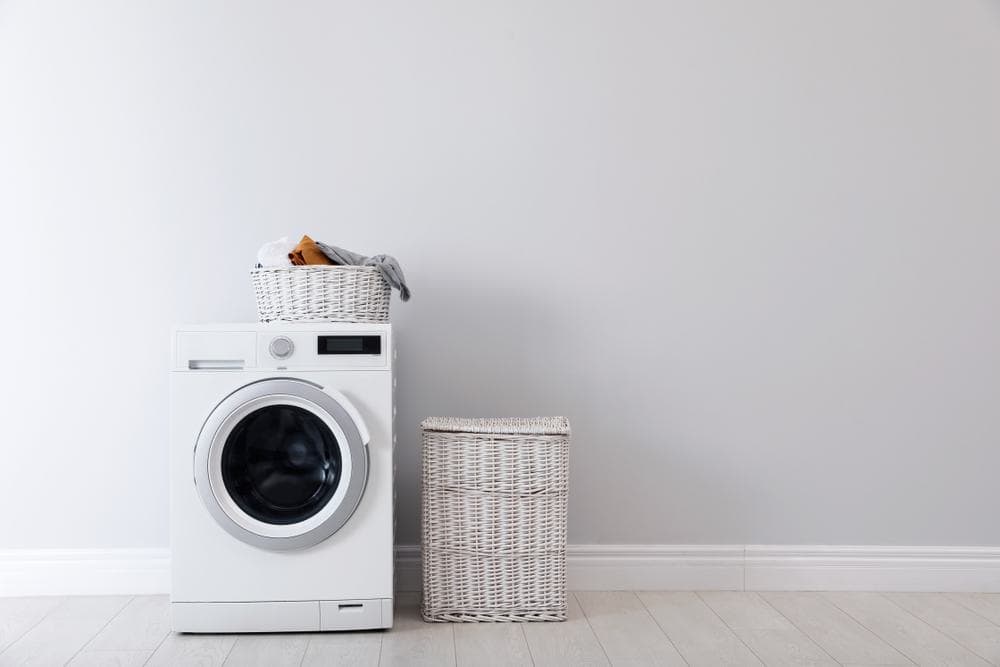
When it comes to purchasing a new dryer, there are many factors to consider, including brand, price, features, and energy efficiency. Among the top brands in the market, Samsung and LG stand out for their innovative technologies, reliable performance, and high customer satisfaction. But which one is better: Samsung or LG? In this comprehensive guide, we will delve into the details to help you make an informed decision.
Choosing between Samsung and LG dryers depends on your specific needs and preferences. Both brands offer advanced features, energy efficiency, and durability. Samsung dryers tend to be slightly more affordable, while LG dryers offer a wider range of capacities and innovative features like the Sensor Dry System. Both brands have comparable energy efficiency ratings. Ultimately, the better dryer for you will depend on your personal requirements and budget.
Samsung Dryers: Features and Performance
Samsung dryers offer several key features that set them apart from other brands. These features include Sensor Dry cycles, steam cycles, Smart Control and Monitor, Blocked Vent Detection, large capacity, energy efficiency, and a variety of drying presets and settings. Samsung dryers are recognized by the EPA for delivering cutting-edge energy efficiency, along with the latest technological innovation.
For instance, the Samsung DVE45R6100 Dryer is Energy Star-certified and has a 7.5 cubic feet capacity. It is stackable and available in a fingerprint-resistant black steel finish. However, it lacks LG’s efficient Sensor Dry and FlowSense options.
When it comes to durability and longevity, Samsung dryers tend to last between 10 to 12 years, with some lasting even longer with proper care and maintenance.
LG Dryers: Features and Performance
LG dryers are known for their advanced features such as the SteamSanitary cycle, Sensor Dry System, TrueSteam technology, NeveRust stainless steel drum, FlowSense duct clogging indicator, 4-way venting option, EasyIron option, and LoDecibel motor for quiet operation. LG dryers have a wider range of capacities, from 7.1 to 9.0 cubic feet, compared to Samsung dryers.
The LG DLEX9000V Electric Dryer, for instance, has a 9.0 cu. ft. capacity and is Wi-Fi enabled. It features Sensor Dry technology to automatically adjust drying time. It is more expensive than most other models, but it offers many advanced features.
In terms of durability, LG dryers have an average lifespan of 10 to 15 years, with some users reporting that their appliances have lasted anywhere from 10 to 20 years.
Energy Efficiency Ratings
The energy efficiency of dryers is measured using the Combined Energy Factor (CEF), which reflects the energy use of the clothes dryer. The higher the CEF, the more energy-efficient the dryer is. For Samsung dryers, the CEF ranges from 3.48 for the DVG45R63 model to 3.94 for the DVE45M55 model. For LG dryers, the CEF is 3.94 for both the DLE3400 and DLEX3700 models.
Pricing
The pricing of Samsung and LG dryers varies depending on the specific model, features, and capacity. Samsung dryers can range from around $400 to over $1,000, while LG dryers can range from around $500 to over $1,000.
Warranties and After-Sale Services
Both Samsung and LG offer warranties and after-sale services for their dryers. Samsung provides a standard warranty for their home appliances, including dryers. The warranty covers any manufacturing defects in material and workmanship for a specified period, usually 12 months. LG offers a limited warranty for their dryers, which covers defects in materials and workmanship under normal home use.
Conclusion
Both Samsung and LG dryers offer advanced features for better clothing care, energy efficiency, and convenience. The choice between the two brands will depend on your specific needs, preferences, and budget. Whether you choose a Samsung or LG dryer, you can be confident that you are investing in a high-quality, durable, and reliable appliance.
Frequently Asked Questions
What is the Sensor Dry feature in Samsung dryers?
The Sensor Dry feature in Samsung dryers uses moisture sensors to detect when clothes are dry and automatically shut the dryer off, saving energy and preventing overdrying.
What is the SteamSanitary cycle in LG dryers?
The SteamSanitary cycle in LG dryers is a unique feature that uses steam to safely sanitize items marked as non-washable.
What is the average energy consumption of Samsung and LG dryers?
The average energy consumption of Samsung and LG dryers depends on the specific model and its energy efficiency rating. Generally, models with higher Combined Energy Factor (CEF) ratings consume less energy.
What is the price range for Samsung and LG dryers?
Samsung dryers can range from around $400 to over $1,000, while LG dryers can range from around $500 to over $1,000, depending on the specific model, features, and capacity.
What is covered under the warranties provided by Samsung and LG for their dryers?
Both Samsung and LG offer warranties that cover any manufacturing defects in material and workmanship for a specified period, usually 12 months. This means that if your dryer breaks down due to a manufacturing defect within the warranty period, the company will repair or replace it at no cost to you.

